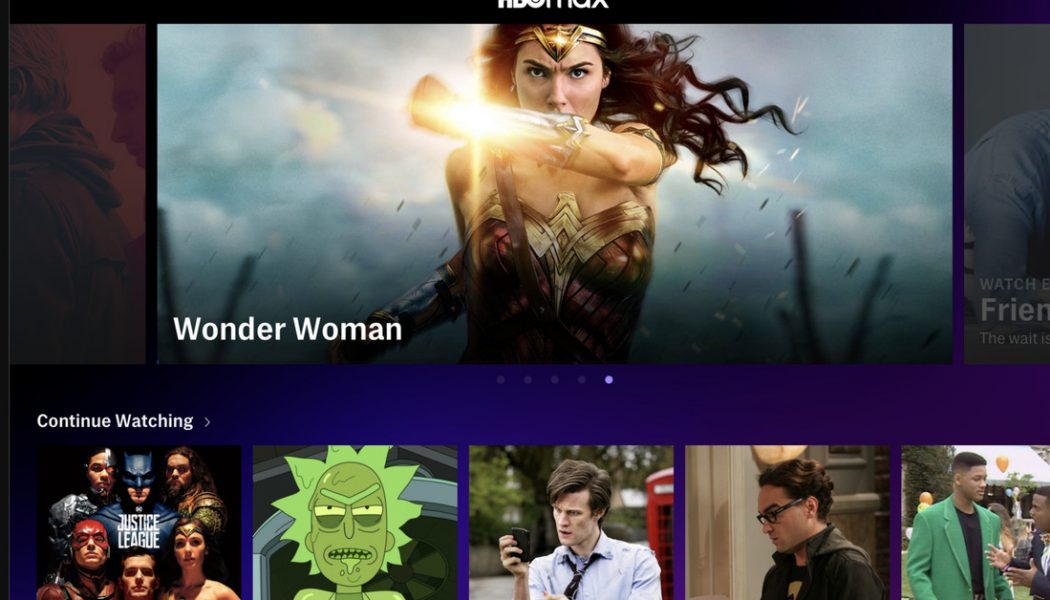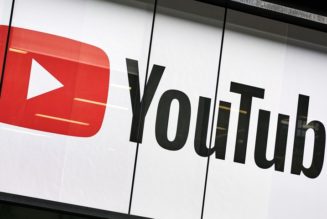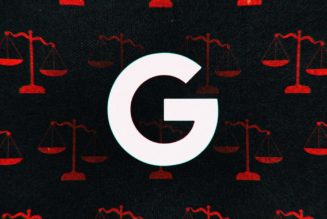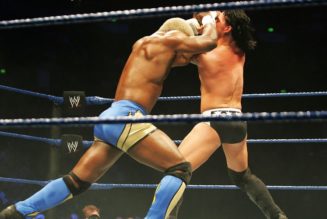
One of the biggest hurdles facing HBO Max is no longer a problem: the streaming service will finally be coming to Roku devices, starting December 17th.
The move comes just after after WarnerMedia announced that it will simultaneously release its 2021 movies on HBO Max the same day they debut in theaters. The move follows Wonder Woman 1984 debuting on HBO Max the same day as its released in theaters on December 25th. Wonder Woman 1984 and many of Warner Bros.’ 2021 slate are the types of movies that will drive subscribers to HBO Max, so it’s a win-win for both parties to have a deal by then. Roku can reap some of the reward from those signups, and HBO Max is now available to tens of millions of people who use Roku devices.
Once available, Roku users will be able to simply install the HBO Max channel on their devices, just like any other streaming application. Customers who already have the HBO app installed will be automatically updated to the HBO Max app, too. HBO Max on Roku will also work with Roku Pay, meaning that you’ll be able to subscribe for the service directly through a Roku account.
With approximately 46 million active accounts on Roku, it’s important for WarnerMedia to have HBO Max available to as many of those customers as possible. HBO Max hasn’t been available on Roku since the streaming service launched at the end of May, and WarnerMedia recently made an agreement with Amazon so Fire TV and Fire tablet users could access the app. HBO Max has just over 12 million active subscribers — and while executives publicly state they’re happy with HBO Max’s performance, competitors like Netflix and Disney Plus are growing at faster rates. Disney Plus amassed nearly 87 million subscribers in just a little over a year; HBO Max can’t even convince current HBO subscribers to upgrade for no additional cost to Max.
Roku and Amazon make up a combined 33 percent market share for people who stream entertainment, according to Parks Associates. Not being on those platforms has likely played a role in HBO Max’s less-than-stellar subscriber numbers over the last several months. Considering that HBO has more than 35 million subscribers in the United States, and all of those subscribers can sign up for Max for free, WarnerMedia has only activated 12.7 million customers. Not great! Up until now, Roku and WarnerMedia have been in a long-standing reverse carriage dispute — something traditional television has dealt with for years.
Think of it like this: cable operators pay television networks to carry their channels. If they want content, cable operators have to pay for it. When distribution arguments arise, these become carriage disputes. Consumers know these situations as blackouts. Suddenly, a channel that was once available is no longer. Essentially, one party holds out from distributing until an agreement is reached.
Streaming hubs like Roku want new players like WarnerMedia (when it comes to HBO Max) to pay them. The same result happens: negotiations are held until it’s resolved — it’s essentially a reversed carriage dispute.
The bottom line is WarnerMedia needs Roku to reach the tens of millions of people who use that as a primary entertainment source. Roku would like to give HBO Max to its customers so they spend more time in that overall ecosystem. A deal was inevitable, but not having Roku as a partner the second HBO Max went live, leading to mass confusion, didn’t help.










